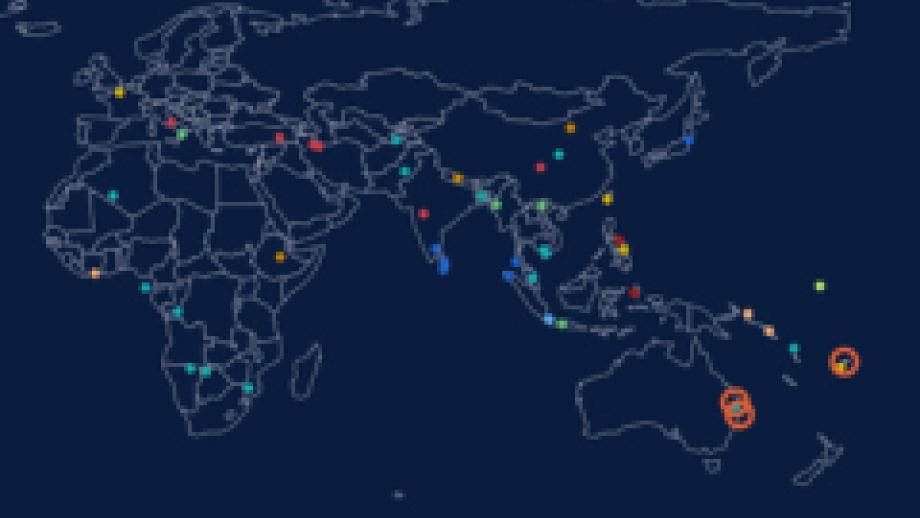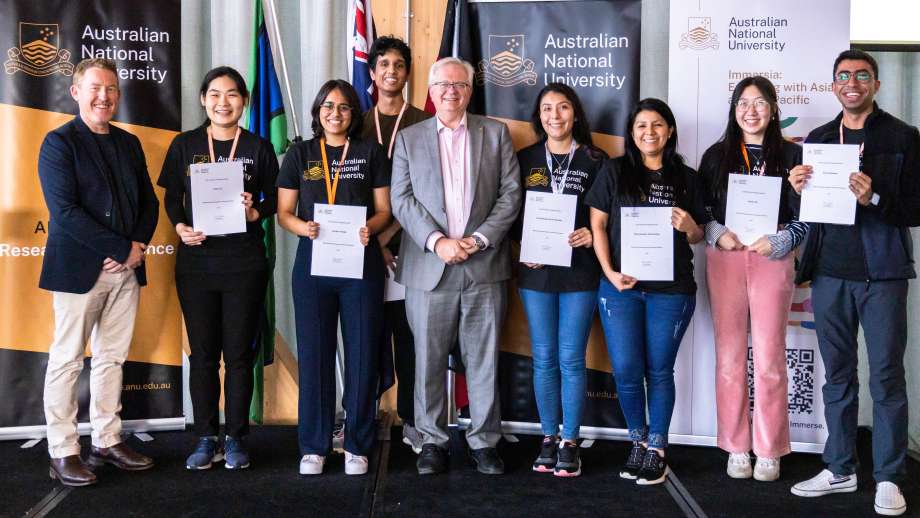Multilateral Development Cooperation with Chinese Characteristics? Insights from the United Nations
Presented by ANU College of Asia & the Pacific
China, Development and International Order Seminar Series
How has China’s engagement with development-related processes at the United Nations (UN) evolved over the last two decades? And what are the implications of China’s take on multilateral development cooperation? This talk proceeds in three steps. First, and building on insights from a recent Special Issue on China-related power shifts at the UN, it provides an overview of China’s evolving engagement with the UN development pillar. Second, it unpacks the dynamics leading to the rise and fall of UN support for China’s Belt and Road Initiative. Third, it examines China-led policy transfer partnerships with the UN as a central element of China’s broader South-South cooperation agenda. Overall, Dr Sebastian Haug will identify key features of what multilateral development cooperation “with Chinese characteristics” currently looks like, and what this means for development-related processes across the UN system.
About the speaker
Dr Sebastian Haug a Senior Researcher at the German Institute of Development and Sustainability (IDOS). He is interested in the politics of international organisations, North-South relations and global power shifts. Sebastian has published in outlets such as International Affairs, Global Governance and the Journal of International Development, and he is the lead editor of “Power shifts in international organisations: China at the United Nations” (Global Policy, 2024) and “The ‘Global South’ in the study of world politics” (Third World Quarterly, 2021). Sebastian previously worked for the United Nations in China and Mexico and was a visiting scholar at the Istanbul Policy Centre, the College of Mexico and New York University. He holds a Master’s degree from the University of Oxford and a PhD from the University of Cambridge.
About the chair
Amy King is Associate Professor in the Strategic & Defence Studies Centre at The Australian National University, and Deputy Director (Research) in the Coral Bell School of Asia Pacific Affairs. She is the author of China-Japan Relations after World War Two: Empire, Industry and War, 1949-1971 (Cambridge University Press, 2016). The holder of an Australian Research Council DECRA Fellowship and a Westpac Research Fellowship, she leads a team researching China’s role in shaping the international economic order.
This seminar series is part of a research project on How China Shapes the International Economic Order, generously funded by the Westpac Scholars Trust and the Strategic and Defence Studies Centre, and led by A/Professor Amy King from the Coral Bell School of Asia Pacific Affairs.
Location
Speakers
- Dr Sebastian Huag
- A/Professor Amy King
Contact
- Kian Kuemmel



